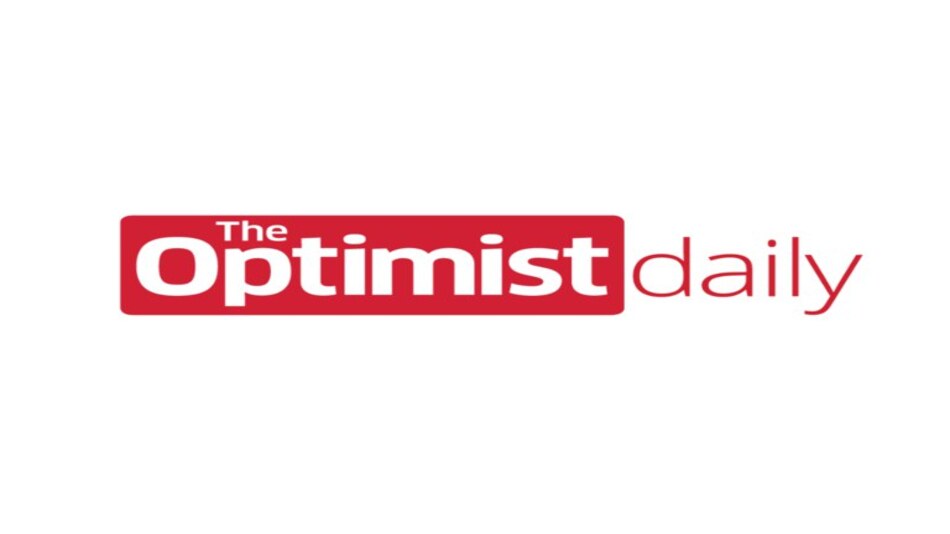At The Optimist Daily, we love success stories about sustainable urban policies. A recent study by the Urban Institute reports that trust was critical to delivering funds to households in need and improving their mental health at the same time.
THRIVE East of the River
In Washington D.C.’s Ward 8, 34 percent of residents are under the poverty line. The THRIVE East of the River partnership gave 590 individual households here $5,500 each, plus additional services, during the first year of the pandemic. These households were selected by their current involvement in one of four existing organizations in the area: Martha’s Table, Bread for the City, 11th Street Bridge Park, and the Southeast Family Strengthening Collaborative. The money passed through these organizations to the households.
Before they were given the money, 34 percent of participants experienced food insecurity, and 60 percent said they took money from their savings to pay for basic living necessities. After they were given the money, their food insecurity dropped to 19 percent, and dipping into savings dropped to 50 percent. The money was, of course, a big help toward their making ends meet, but according to the Urban Institute’s study another factor played an important role: trust.
The study said that participants reported feeling better mental health. This included more optimism and less instances of depression. When informed about their eligibility for the money, they were told they could spend it however they wanted. Many of them shed tears of gratitude when told about the money.
Organization-community trust
“I think it ties to the dignity and trust they were being extended,” said Mary Bogle, lead researcher of the study by the Urban Institute. “Folks who live in neighborhoods that are disinvested in are used to being treated badly by systems — everything’s an ineligibility limit or they’re getting hit by a scam. I think their extraordinary reactions in this case say a lot about the barriers these folks usually encounter.”
The four community organizations in this neighborhood have spent years building trust with these residents, and Bogle emphasizes that any new organization might not have been able to deliver the funds and services. These organizations knew their residents and had the relationship that helped inform their money-spending decisions. An outside organization might not have had the same mutual respect and might have put stringent limitations on the money.
Having familiar and trustworthy community organizations instills positivity in residents which significantly predisposes them to trust more organizations in the future, creating what could be a cycle of community improvement.












